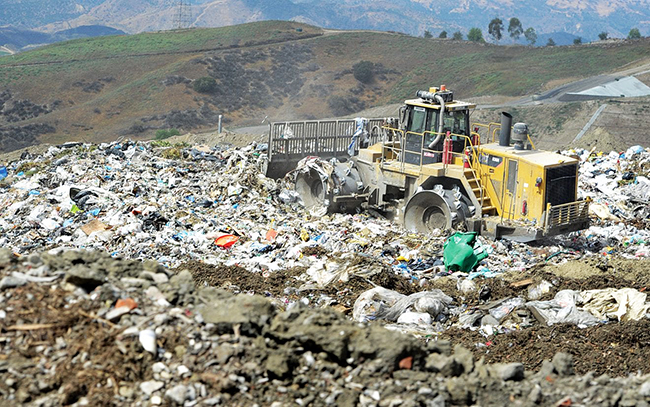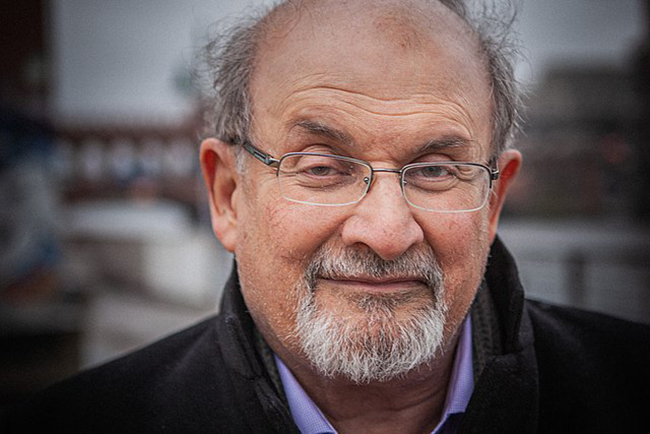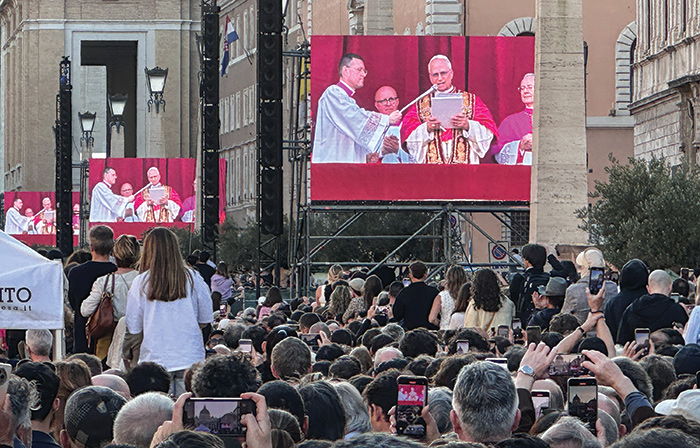Readers comments 12.1.12
Cameras
Dear Editor:
Unreasonable search, really?
In theory, I am all for self-policing to protect our rights. Unfortunately, reality is that not enough of us do so, and we have government agencies to help.
Douglas Lyons, do you find having a police officer look at your license plate for current registration an unreasonable search? If so, I guess you have the right to not use public streets, hat the registration helps pay for, to avoid such searches.
In my view, the cameras simply make this process more efficient and allow law enforcement to concentrate on more pressing public safety concerns.
I also think that anyone who has had a stolen vehicle recovered through the camera system might see it as more beneficial than not.
By the way, I’m sure the authorities would be very interested in your methods for positively identifying criminal vehicles or terrorists in a crowd without looking at any others. What do they look like anyway?
Bob Nichols
Claremont
Holiday Tea
Dear Editor:
As much as I enjoyed John Neiuber’s article about Claremont holiday traditions, I would like to remind readers of another one.
For the 32 of its 107 years, The Rembrandt Club of Pomona College holds an annual traditional Holiday Tea and Bake Sale in Historic Seaver House. This traditional tea features seasonal music by the Claremont Recorder Ensemble, tea table laden with sweet and savory treats, wassail and syllabub. There is a party for children featuring crafts and games. Santa and Mrs. Claus sit by the live tree to hear holiday wishes.
This year, the Holiday Tea and Bake Sale is on Saturday, December 1 at Seaver House, corner of Bonita and College Avenues from noon until 2:30 p.m. Santa arrives at 1 p.m. Cost is $5 at the door for everyone over the age of 5. Tickets may be purchased in advance at a cost of 3 for $10 by calling Ellen Litney 625-5347. Proceeds from this event fund an annual Junior Art Award for a Pomona College Art student to defray costs associated with their Senior Art Project.
Just one more Claremont tradition.
Ellen Litney, President
The Rembrandt Club
The ‘fiscal cliff’
Dear Editor:
The “grand bargain” must be based on the facts that 70 percent of our economic activity consists of consumer spending, that low-income persons spend more of their additional income than high-income persons do, and that businesses don’t create more jobs than they need to serve their customers. The “job creators” are the customers, not the business owners.
As a result, taxes can go up on high personal and corporate incomes, on investment income, on accumulated wealth and on short-term financial trading, without dragging the economy down, but not on middle and low incomes.
Government spending can be decreased on subsidies to already profitable industries but not on benefits such as housing and foreclosure assistance, unemployment compensation, Temporary Assistance to Needy Families, Food Stamps, Medicaid, Medicare and Social Security, which support spending by persons of middle and low incomes.
Defense can be cut because our country already spends more than the next 15 or 17 countries combined, because it creates fewer jobs per dollar than most other spending, and because it siphons off scarce technical expertise from productive businesses.
Money cut from defense should be redirected to infrastructure, including renewable energy and the smart electrical grid, which will create jobs in the USA, reduce our trade deficit and promote future prosperity.
The minimum wage should also be increased, to promote consumer spending as well as to help hard-working people who need it most.
These actions will reduce the deficit directly by increasing taxes and reducing expenses without reducing needed consumer spending, and will do so indirectly as well by increasing economic growth and tax revenues.
I read The Economist, a weekly which analyzes many aspects of the world’s economy. It makes clear that our country’s economy is hampered by weak income and spending of the middle and lower socioeconomic classes.
The “grand bargain” must strengthen them, not weaken them further. This will benefit businesses and their owners and investors, too, by increasing their revenues. If the customers are prosperous, everybody wins: the customers and their children, the businesses and the government.
Bob Gerecke
Claremont








0 Comments